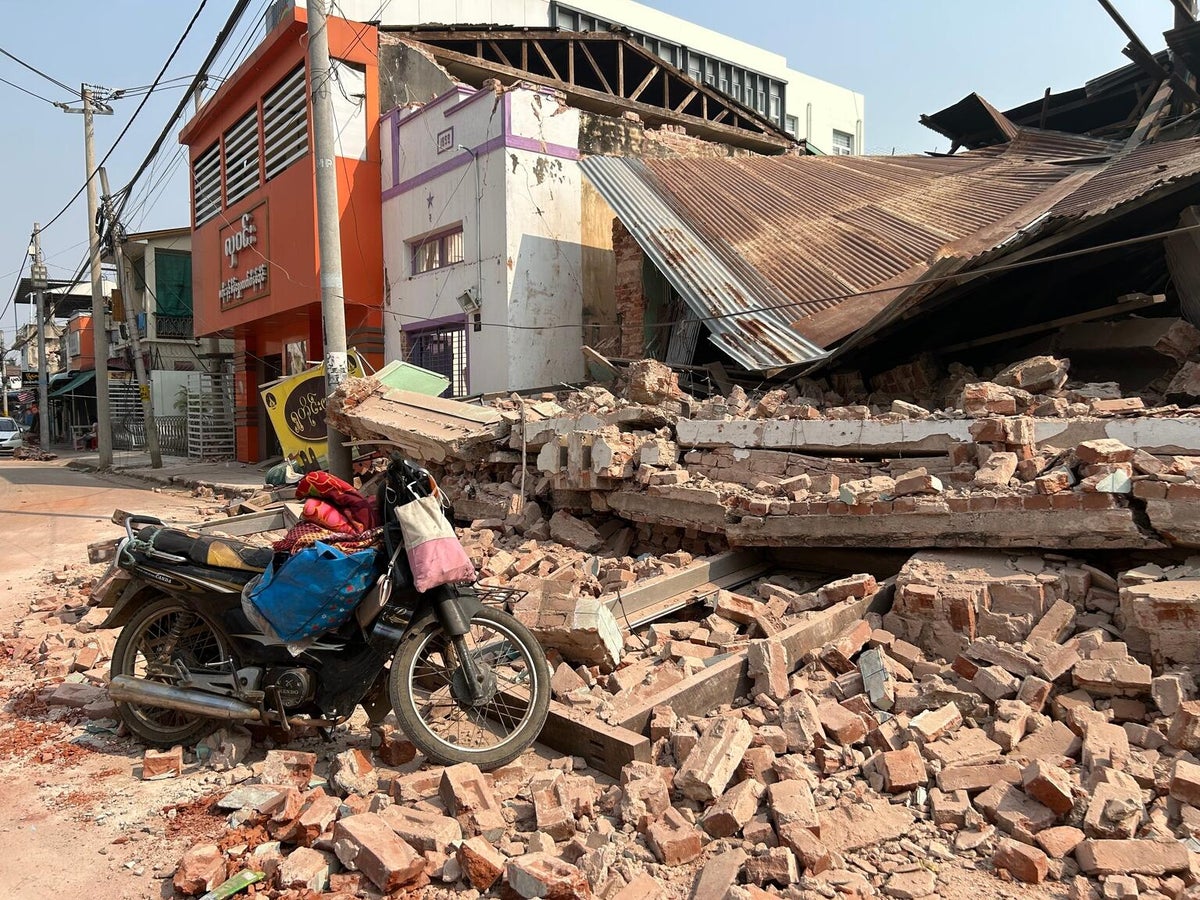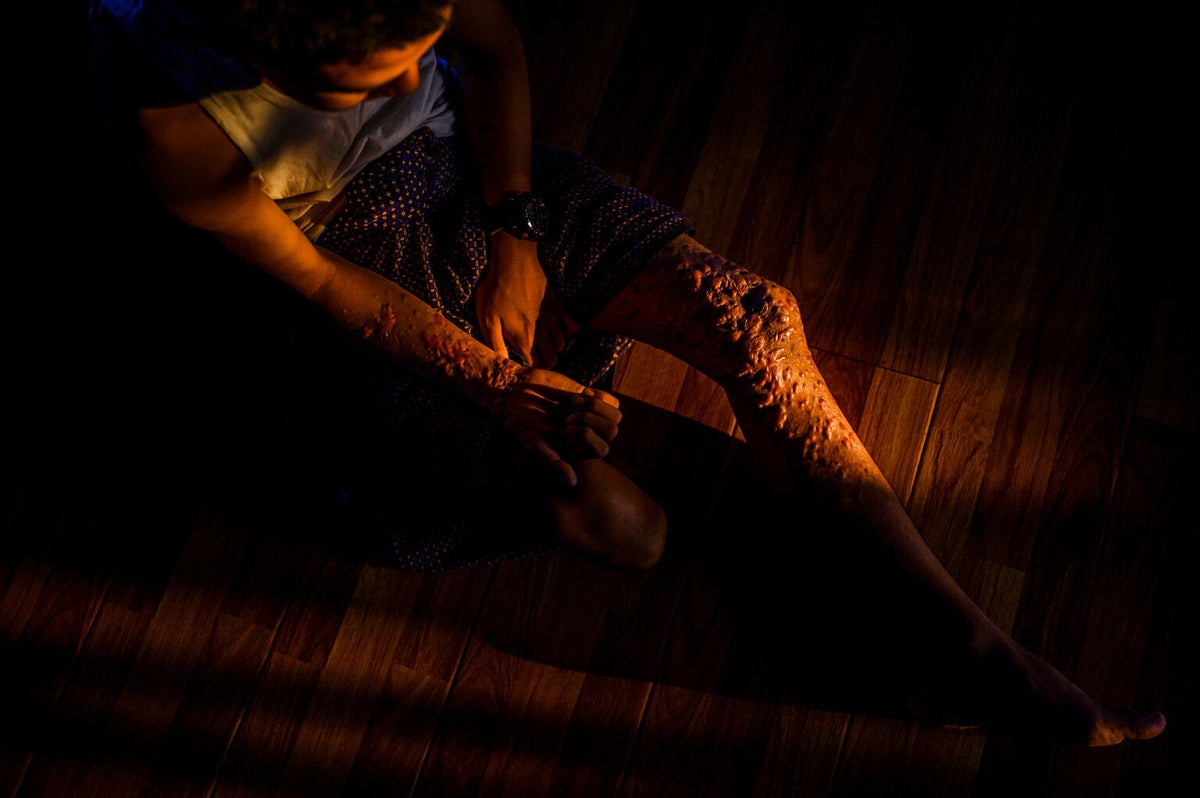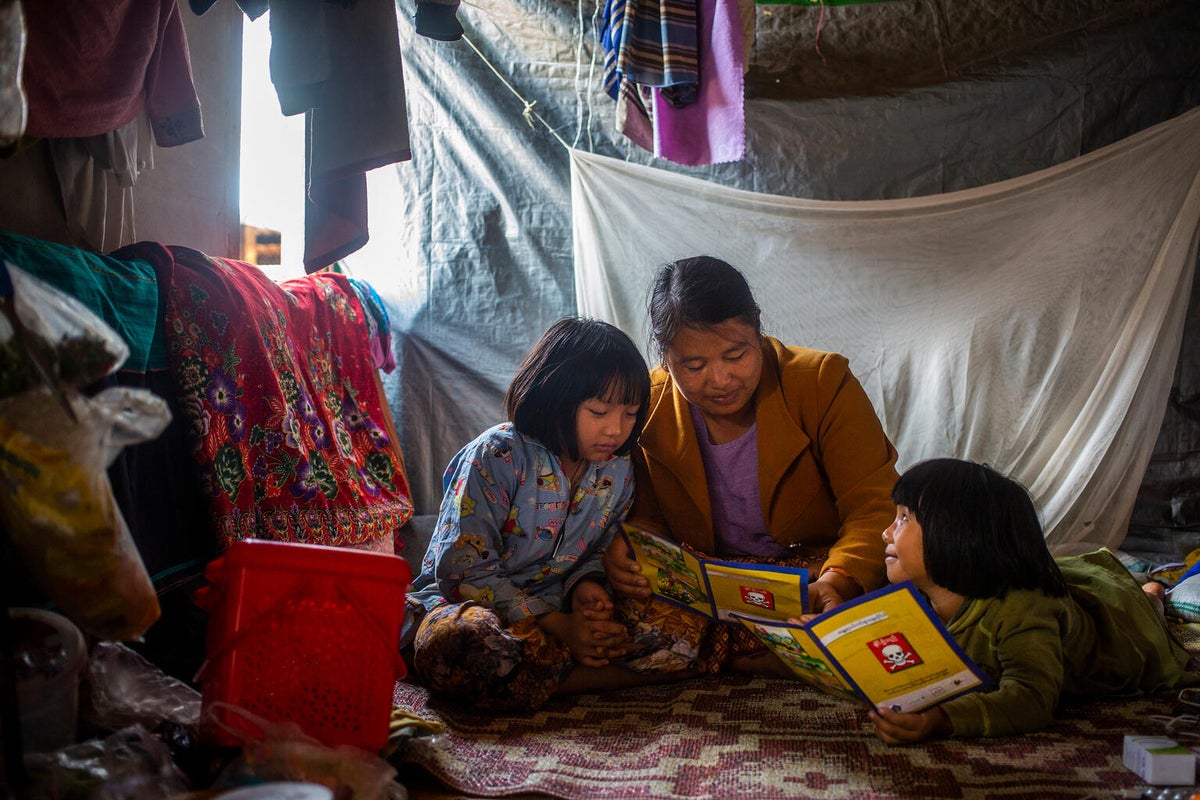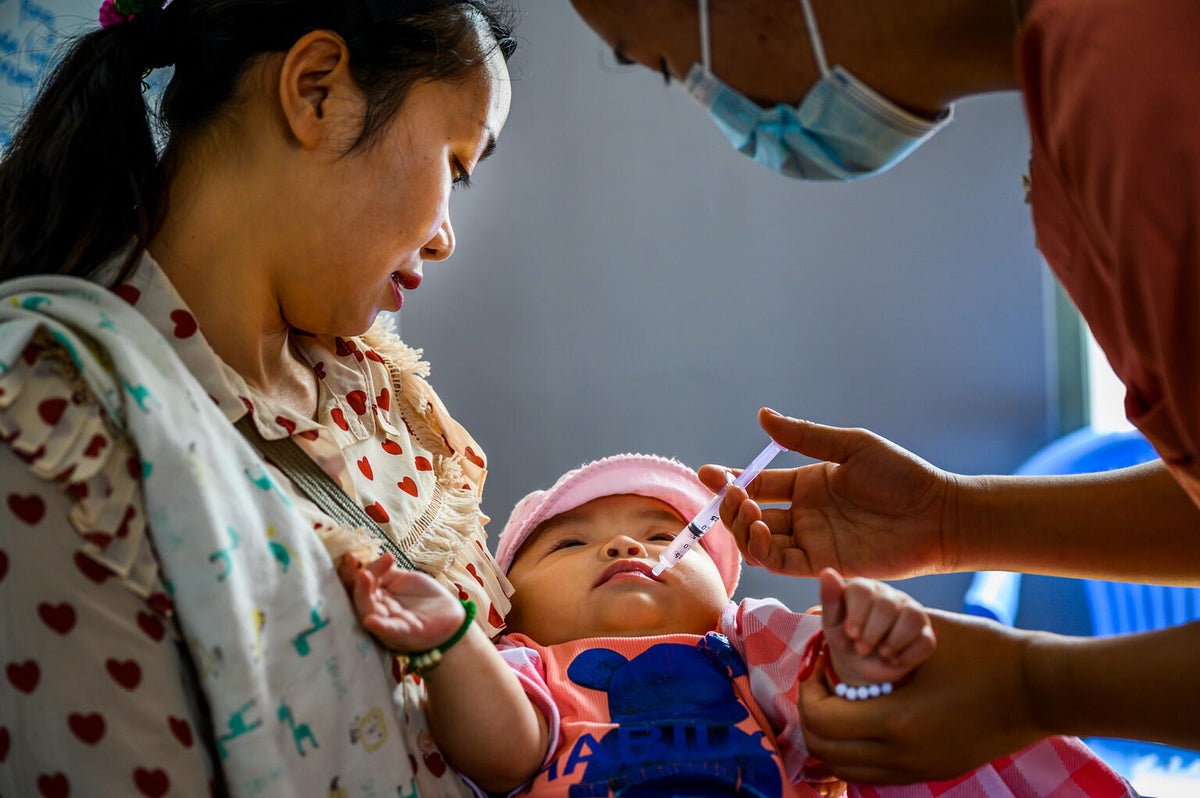When a series of earthquakes and aftershocks struck Myanmar on 28 March 2025, it plunged the Southeast Asia country deeper into a humanitarian crisis that was already pushing 19.9 million people to the brink.
On a Friday afternoon, when most kids are getting ready to head home from school or are playing with friends, a powerful 7.7 magnitude earthquake hit. Just two minutes later, another 6.4 magnitude struck, impacting the Mandalay, Nay Pyi Taw, Sagaing, Bago, and Shan regions. The tremors were so intense they were felt over 1,300 kilometers away in Bangkok, Thailand.

In Myanmar alone, over 1,600 people lost their lives, and 3,400 people injured, with these numbers expected to rise. Homes, schools, hospitals, and essential infrastructure have been severely damaged, leaving entire communities cut off due to landslides and collapsed roads. Many are now without electricity or mobile connectivity.
As search and rescue teams raced against the clock to dig survivors out from the rubble by hand, UNICEF's partners raced to reunite separated children with their families. After disasters like earthquakes, there is an urgent need to identify, care for, trace families and reunite children who became orphans, or are unaccompanied or separated from parents and caregivers who are injured or have passed away.

Before the earthquakes, Myanmar was caught in an unrelenting conflict
Once known as Burma, Myanmar’s history is long, complex and scarred by enduring conflict and unrest. Since the military takeover in February 2021, the situation for children and their families has become dire. Children are being recruited into armed conflict, forced into early marriage and exposed to heightened risks of abuse and deprivation. Tragically, in 2024 alone, at least 600 children were killed or injured. This is yet another reason why, in the wake of the earthquakes, reuniting children with their families is so urgent.

The ongoing conflict has also left Myanmar riddled with landmines, which is impacting children and young people the most, like 14-year-old Naw Nee from the Bago region. Naw Nee bears the lasting scars of a tragic landmine explosion. The incident, which claimed the life of her brother, happened when he unknowingly picked up a landmine, mistaking it for a toy, while playing just outside their home.

A health and education crisis
Before the earthquake, many families were struggling to meet basic needs. Ongoing conflict, insecurity, economic downturn, rising inflation, displacement, and limited livelihood opportunities have left 55 per cent of children and their families living in poverty.

Malnutrition is on the rise, over 1 million children are missing out on lifesaving vaccines, and more than 5 million are being deprived of an education as schools and health facilities are being targeted by armed groups. Now that the earthquake has damaged or destroyed several health facilities and schools that children rely on, the health and education crisis is expected to worsen.
How UNICEF is supporting children in Myanmar
Since 1950, UNICEF has been working in Myanmar, continually adapting our work to respond to the deepening needs of children and their families. We work alongside local partners to provide lifesaving nutrition and health care, clean water, education, child protection, landmine education, and mental health and psychosocial support.

Since the earthquakes struck, our teams have been on the ground, assessing the impact, providing support to help reunite families, and responding with urgent lifesaving supplies, including health kits, medical supplies, tents, and hygiene kits such as soap, sanitary pads, and disinfectants, for immediate delivery to children and families in desperate need.
But we need your help to do more for children already who were already enduring a dire humanitarian situation before the earthquake struck, and who are now facing even more uncertainty and hardship.
Myanmar Earthquakes
Before the earthquakes hit, the situation for millions of children in Myanmar was already dire. Please, donate now.
Related articles
Stay up-to-date on UNICEF's work in Australia and around the world
















